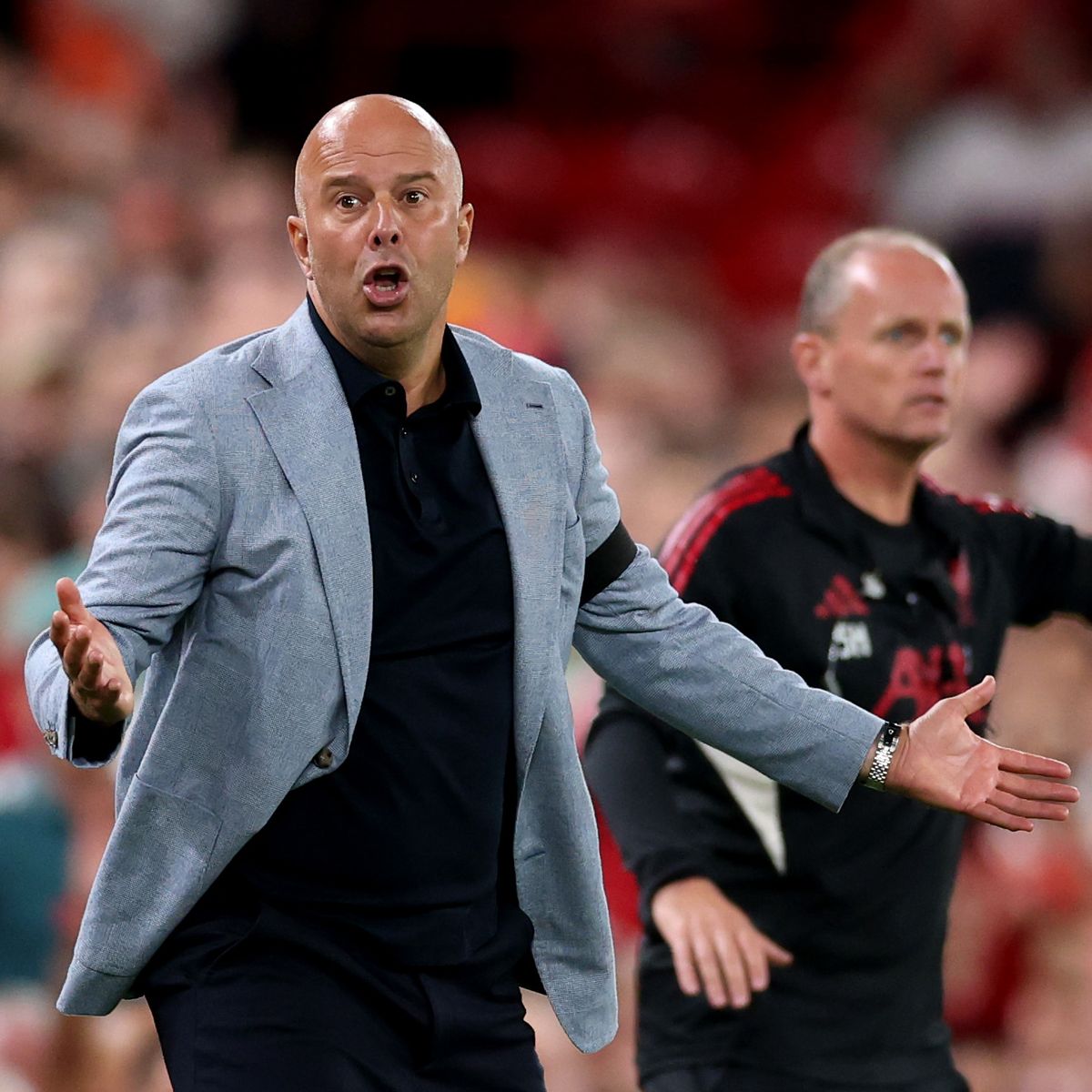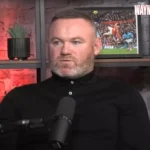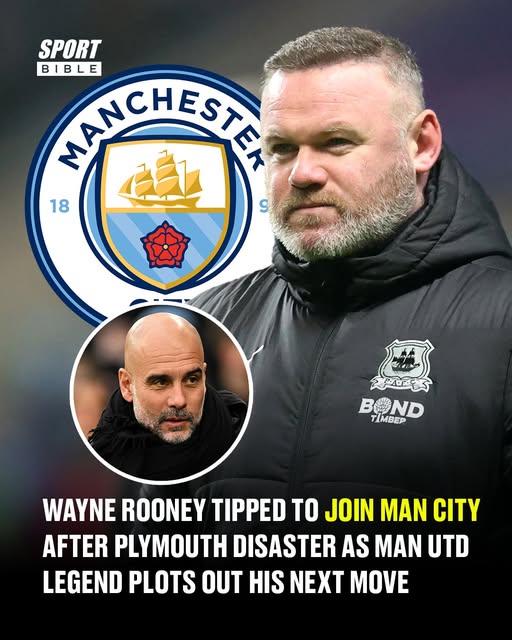Rooney and Shearer believe Arne Slot evidently doesn’t trust ‘worrying’ Liverpool signing

It was supposed to be another bright chapter for Liverpool under new manager Arne Slot. After winning seven matches in a row, including five straight in the Premier League, fans had started to believe that the Dutchman was truly continuing what Jurgen Klopp had built. The energy was there, the hunger was back, and Liverpool looked like a team ready to defend their Premier League crown with pride. But football is a game that can change fast, and for Liverpool, it changed in the blink of an eye.
Within one week, everything started falling apart. Three straight defeats — against Crystal Palace, Galatasaray, and Chelsea — brought a cold reality crashing down on a team that had been flying high. The defeats were not only painful but worrying, as cracks began to show in areas where Liverpool had once looked strong. Questions started to rise, and all fingers began pointing toward one position — the right-back spot.
Wayne Rooney and Alan Shearer, two of the greatest legends of the Premier League, were among the first to notice something wasn’t right. Both men, known for their sharp football brains, could see the confusion in Arne Slot’s tactics, especially when it came to choosing who should play at right-back. The new manager had tried three different players in that role, but none of them seemed to have his full trust.
Rooney spoke on BBC after Liverpool’s latest defeat, and his words were simple but powerful. “I think there were worrying signs from the start,” he said, his tone heavy with concern. “Even when they were winning, it wasn’t the same Liverpool we saw last season. Something didn’t feel right, and I think the last week has shown that. He clearly doesn’t trust any of the right-backs.”
Alan Shearer agreed, speaking on Premier League Productions. “They’ve signed Frimpong, but Slot doesn’t seem comfortable with him at right-back. He’s tried Frimpong, Szoboszlai, and Bradley — three different players, same position. It shows he’s searching for answers. He even played Frimpong up top on the right wing in Istanbul, and that didn’t work either.”
The truth behind those words cut deep. Slot had inherited a strong squad, but when Trent Alexander-Arnold left for Real Madrid, a huge void was left behind. Liverpool tried to fill it fast, bringing in Jeremie Frimpong from Bayer Leverkusen in a £29.5 million deal, while giving young Conor Bradley more game time and even experimenting with Dominik Szoboszlai as a right-back. But the rotation had only brought confusion.
Ten games into the new season, and there was still no fixed player in that position. Frimpong started one Premier League match and the Carabao Cup tie against Southampton. Conor Bradley started three league matches but was benched for others. And then came Szoboszlai — the Hungarian midfielder who suddenly became Liverpool’s most trusted option at right-back.
To the fans, it was strange to see one of their most creative midfielders defending on the wing. But under Slot, Szoboszlai had started to shine there. He wasn’t a natural full-back, but his energy, intelligence, and determination made him adapt fast. His match-winning free-kick against Arsenal from the right-back position made him an instant hero, and for a while, it seemed like Liverpool had found their unexpected solution.
Still, not everyone was convinced. Frimpong’s attacking ability was exciting — the pace, the trickery, the flair. But every time he pushed forward, Liverpool’s defense looked exposed. Against Crystal Palace, he was caught too high up the pitch, and that one moment allowed Eddie Nketiah to score a last-minute winner.
After the game, Slot’s frustration was clear. His post-match comments left little doubt about who he was referring to. “One of our players ran out because he wanted to play a counter-attack, which was of no use because time was up,” he said. “It was only about defending. One player was too offensively minded in that moment, and that led to them scoring the winner.” Everyone knew he was talking about Frimpong.
Inside the dressing room, the atmosphere was tense. Liverpool had gone from a team that couldn’t stop winning to one struggling to find rhythm and balance. Players who once felt secure in their roles were now looking over their shoulders. The media was full of questions about Slot’s right-back choices. Why so much rotation? Why so little trust?
Wayne Rooney’s criticism was particularly cutting. “He doesn’t trust them,” Rooney said bluntly. “When a manager keeps switching the same position over and over again, it means he hasn’t found the player he believes in. And if you don’t trust your full-backs, it affects the whole team.”
Alan Shearer added his own analysis. “You can see the nervousness,” he said. “Liverpool’s defenders are second-guessing themselves. When Frimpong goes forward, the centre-backs panic because they know space is left behind. When Bradley plays, they stay deep, because he’s not as adventurous. When Szoboszlai plays there, the midfield loses balance. It’s a difficult puzzle to solve.”
Arne Slot found himself under growing pressure. He had arrived in England with high expectations, replacing a legend and inheriting a team full of talent. But his style, based on precision and structure, was struggling to take hold. The rhythm that defined Klopp’s Liverpool — that wild, aggressive, high-energy football — was missing. Slot wanted control, but control was hard to find when one side of the pitch kept changing faces every week.
For Frimpong, the situation was frustrating. He had joined Liverpool full of dreams. The Premier League was his next big challenge, and playing for a club like Liverpool was the chance of a lifetime. But within weeks, doubts had already surfaced about his defending. Critics pointed out how often he left gaps behind him. Some even said he looked more like a winger than a defender.
Then there was Conor Bradley — the young academy graduate who had earned praise last season. He was solid, disciplined, and hardworking, but his attacking threat was limited. For a team that had grown used to Alexander-Arnold’s creativity from deep, Bradley felt too cautious. Fans respected his effort, but they missed the flair.
And then came Szoboszlai — the man who seemed to do everything right. A midfielder turned right-back, he had the confidence, the technique, and the energy. Every time he played there, Liverpool looked sharper in possession. His ability to whip crosses, drive forward, and even score goals made him an instant fan favorite. The problem was that Liverpool also needed him in midfield.
Slot faced a painful decision. Should he keep Szoboszlai at right-back, where he performed well, or return him to midfield, where his creativity was equally needed? Every match felt like a new experiment, and with every defeat, the criticism grew louder.
When Liverpool lost to Galatasaray in Istanbul, the pressure reached its peak. Slot had started Frimpong as a winger that night, hoping to use his pace on the counterattack. But the plan failed. Galatasaray pressed high, and Frimpong’s defensive weaknesses were exposed again. Liverpool lost 2-1, and the manager’s tactical choices were questioned all over Europe.
“Shearer was right,” said one former player turned pundit. “You can tell Slot is not comfortable with any of his options. He’s tried everything, but he hasn’t found the right balance.”
After the defeat to Chelsea days later, Slot looked a broken man on the touchline. He didn’t shout, didn’t complain — he just stared at the pitch, deep in thought. He knew that the right-back position had become his biggest headache. Without a settled choice, Liverpool’s defensive structure was falling apart.
Behind the scenes, Liverpool’s staff were already discussing the January transfer window. Reports suggested that the club might look for another right-back — someone with the discipline to defend and the courage to attack. But such players are rare, and after spending heavily in the summer, funds were limited. For now, the manager had to work with what he had.
Dominik Szoboszlai continued to give his all, no matter where he was asked to play. His attitude impressed the fans, and even Rooney praised him. “He’s not a right-back, but he’s doing everything for the team,” Rooney said. “That tells you about his character.”
Frimpong, on the other hand, worked tirelessly in training to prove himself. He wanted to show Slot he could be trusted, but each mistake seemed to cost him dearly. His confidence dipped, and he started to play safe — something that didn’t suit his natural attacking instincts.
Conor Bradley remained patient. He wasn’t flashy, but he was consistent, and Slot admired that. Yet even he knew that his position was uncertain. The manager was unpredictable with his selections, and that made it hard for anyone to settle.
The three players represented three different styles — Frimpong the attacker, Bradley the defender, Szoboszlai the all-rounder. But none had made the position their own, and until that happened, Liverpool’s defense would continue to suffer.
Alan Shearer summed it up perfectly. “They have big problems, not just defensively, but in midfield too. When your full-backs aren’t settled, it changes everything. It affects your wingers, your centre-backs, your entire shape.”
Liverpool’s next few games would be crucial. Slot needed to show that he could find solutions, that he could adapt to the Premier League pressure. But the fans were restless. They remembered how Klopp used to trust his players, how every position was filled with confidence and belief. Now, it all looked uncertain.
And still, amid the criticism, there was a quiet hope. Many fans believed that once the team found stability again, things would click. Slot was a good coach — that was never in doubt. He just needed time to figure out the right formula.
Szoboszlai’s spirit became a symbol of that hope. Whenever he played, whether at right-back or in midfield, he gave everything. His passion reminded fans of what Liverpool football was all about — hard work, heart, and hunger.
As the season moved forward, Slot knew he had to make a final decision. He couldn’t keep rotating forever. Stability was needed, and quickly. The manager had been brought to Anfield to bring control, but now he needed something else — courage. Courage to trust, to commit, and to build.
The voices of Rooney and Shearer continued to echo across football shows and newspapers. Their words, though harsh, carried truth. Slot had to prove them wrong.
Liverpool had lost three in a row, but they were not finished. The season was long, and the fire at Anfield still burned. Somewhere between Frimpong’s speed, Bradley’s discipline, and Szoboszlai’s intelligence, the answer was waiting to be found.
And when Slot finally finds it, maybe the critics will fall silent, and Liverpool will rise again — not just as a team searching for balance, but as champions who learned to rebuild through struggle. Because this is Liverpool — a club that has seen storms before and always finds its way back to glory.















